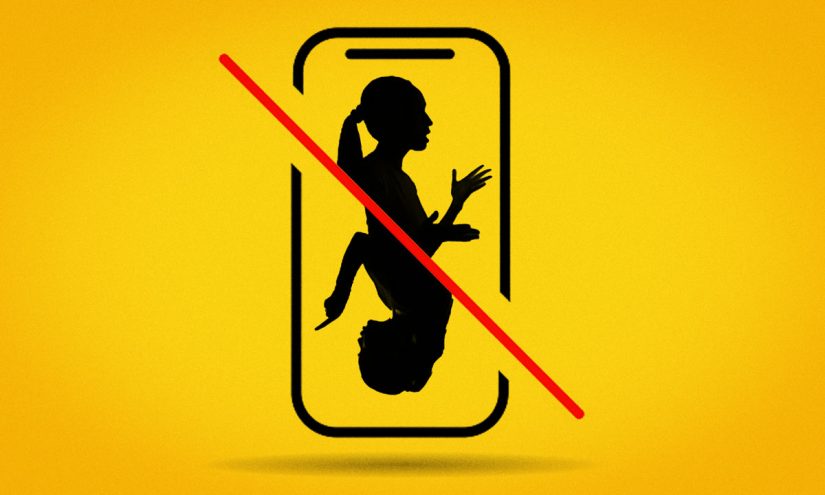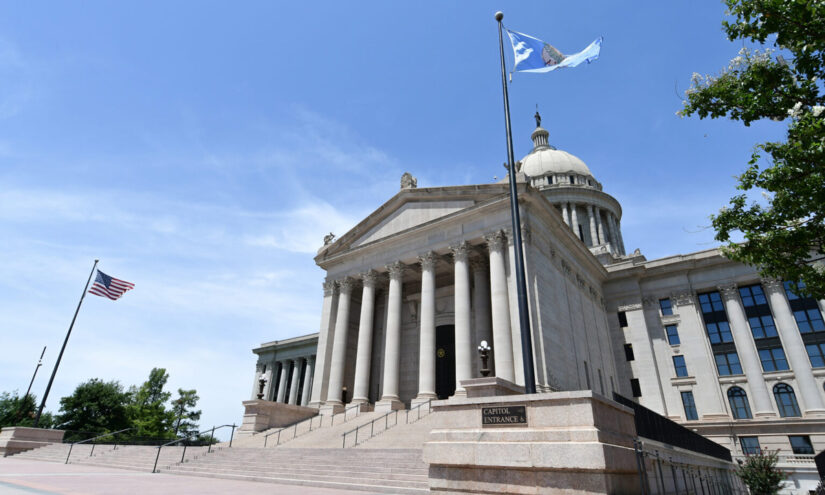Dive Brief:
- Only 41% of teens support cellphone bans in middle and high school classrooms, according to polling by Pew Research Center released Tuesday. That contrasts with most surveyed adults — 74% — who are supportive of similar prohibitions, earlier Pew research found.
- Fewer teens (17%) are supportive of all-day cellphone bans, compared to 44% of adults. White students were more receptive to classroom and all-day cellphone bans compared to their Black and Hispanic peers, and students from families with higher household incomes favored school cellphone restrictions at a higher rate.
- Separate research by Rand Corp. last year found school principals touted several benefits to cellphone restrictions in schools, including improved school climate, less inappropriate cellphone use and reduced cyberbullying.
Dive Insight:
Other research released last year by Phones in Focus, a nonpartisan research project supported by the National Governors Association, found that stricter cellphone policies, such as prohibiting students from carrying their cellphones during the school day, were associated with higher teacher satisfaction.
According to Ballotpedia, 38 states have enacted laws or policies on K-12 classroom or school cellphone usage as of Jan. 13. About 29 states have policies banning or limiting cellphones in classrooms.
The exact policies differ state-by-state and even district-by-district.
New Jersey, one of the most recent states to approve a school cellphone law, is requiring districts to adopt policies restricting the use of cellphones and other internet-enabled devices in K-12 schools.
“With today’s bill signing, we are ensuring New Jersey schools are a place for learning and engagement, not distracting screens that detract from academic performance,” said Gov. Phil Murphy in a Jan. 8 statement. The state’s initiative includes $3 million in grants to schools that implement bell-to-bell cellphone bans. The funding will go toward purchasing equipment like cellphone storage pouches, training and engagement sessions.
Andrew Matteo, superintendent of New Jersey’s Ramsey School District, said the district’s phone-free policy has “fundamentally transformed the daily experience for our students,” in the statement released by the governor’s office.
“By removing the distraction of the cell phone, we have reclaimed the classroom as a space for deep academic focus and critical thinking,” said Matteo, adding that teachers have reported a significant increase in student engagement during instructional time.
But while cellphone restrictions in schools have garnered support from school administrators, policymakers and other adults, some in the disability rights community have raised concerns that these practices could conflict with education civil rights laws for students with disabilities who rely on assistive technology to access learning.
Several state and local policies have incorporated language that provides exceptions for certain student groups, such as students with disabilities, English learners and parents of young children who may require access to their personal cellphones during the school day.
Additionally, Rand Corp. research published in October shows principals reported concerns from parents about cellphone bans due to having less access to their children during an emergency.
A bill in Congress to create a national school cellphone ban also makes exceptions for students with disabilities, English learners and others who require the devices for learning or for medical reasons.
The most recent Pew findings are based on an online survey of 1,458 U.S. teens ages 13 to 17, conducted from Sept. 25 to Oct. 9, 2025, through Ipsos’ KnowledgePanel.






